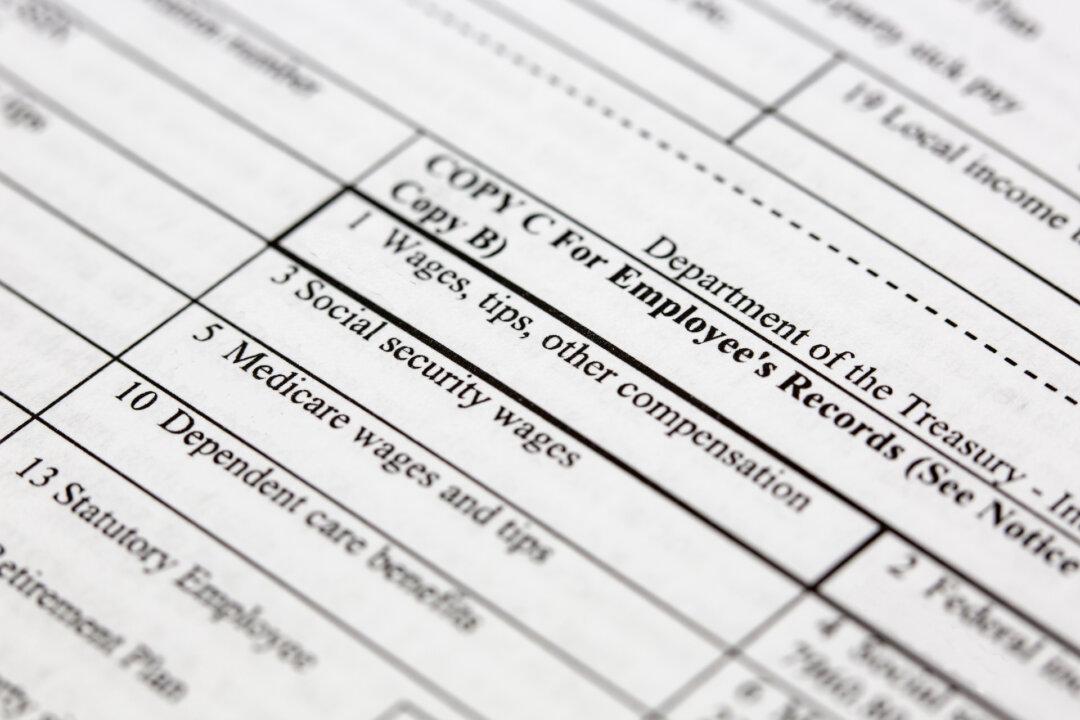I’ve always taken pride in the fact that I do a pretty good job of explaining Social Security rules in simple and easy-to-understand language. But every once in a while, I’m reminded that something I say or write that I think is pretty clear and simple can be misinterpreted. Here are some examples.
Q: I am 62 and have spent most of my life as a homemaker and mother. So I don’t have my own Social Security. My husband is 68 and just filed for his Social Security last week. In a recent column, you wrote that before a wife can claim benefits on her husband’s record, he has to be getting benefits himself. So do I have to wait until his checks start coming in before I can file on his account?






